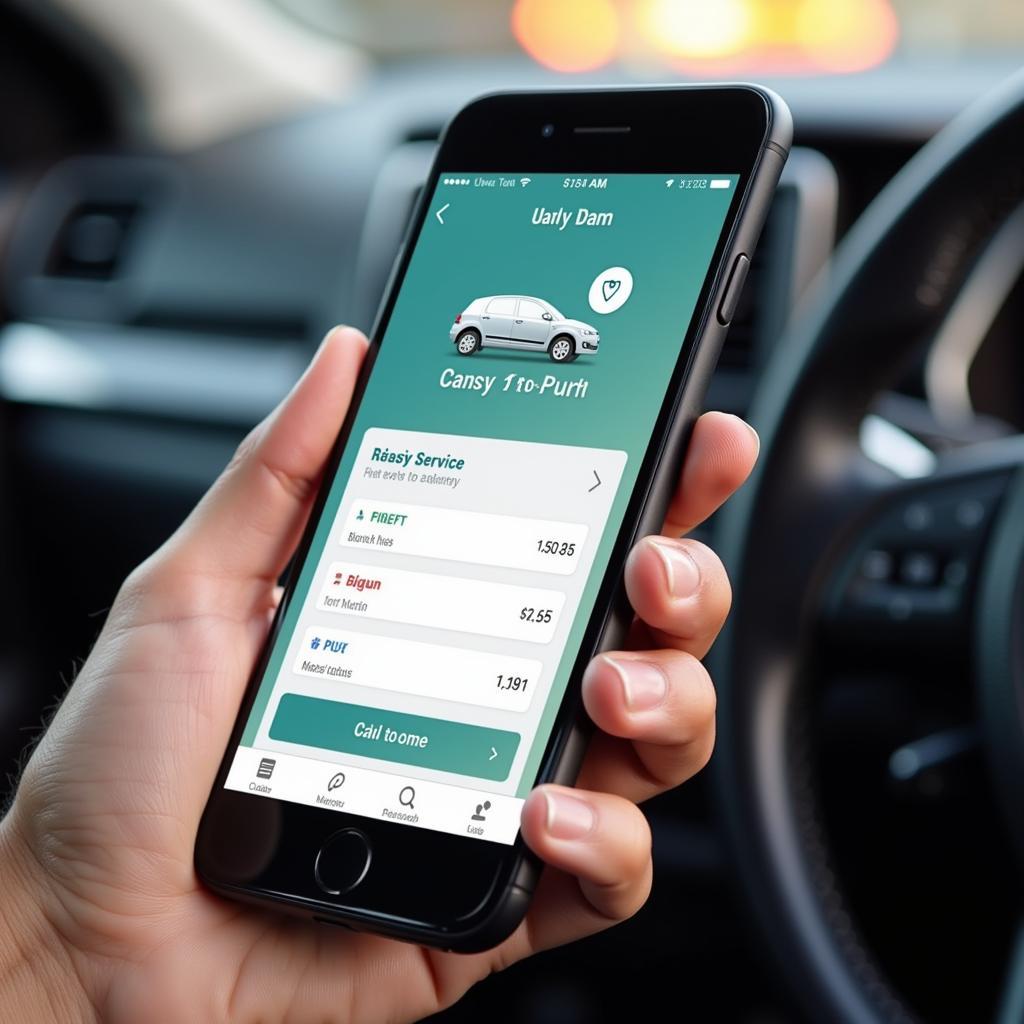When Will the 1st Self-Driving Car Service Start?
The world is buzzing with anticipation for the arrival of self-driving cars. It seems like every other day, there’s a new breakthrough in autonomous vehicle technology. But the burning question remains: when will the first self-driving car service start picking up passengers and transforming the way we commute?
While there’s no crystal ball to give us an exact date, industry experts agree that we’re on the cusp of a major transportation revolution. The convergence of artificial intelligence, sensor technology, and machine learning has paved the way for autonomous vehicles to become a reality. Companies like Waymo, Cruise, Tesla, and Zoox are heavily invested in developing and testing self-driving systems, and some are already operating limited robotaxi services in select cities.
Factors Influencing the Launch of Self-Driving Car Services
The timeline for the widespread rollout of self-driving car services is influenced by a complex interplay of factors:
- Technological Readiness: While self-driving technology has advanced significantly, vehicles still face challenges in navigating complex urban environments, adverse weather conditions, and unpredictable human behavior.
- Regulations and Legal Frameworks: Governments worldwide are grappling with the legal and ethical implications of autonomous vehicles. Establishing clear regulations for testing, licensing, liability, and data privacy is crucial for public safety and industry growth.
- Infrastructure Development: Self-driving cars require a robust digital infrastructure, including high-definition maps, reliable communication networks, and traffic management systems, to operate safely and efficiently.
- Public Acceptance: Building public trust in self-driving technology is paramount. Concerns about safety, job displacement, and data security need to be addressed through public education and transparent communication.
Early Adopters and Pilot Programs
Several companies are leading the charge in the race to launch self-driving car services:
- Waymo One: Waymo, a subsidiary of Alphabet (Google’s parent company), has been at the forefront of autonomous driving research for over a decade. Their Waymo One service operates a fully autonomous ride-hailing service in parts of Phoenix, Arizona, and San Francisco, California.
- Cruise: Backed by General Motors, Cruise offers a robotaxi service in San Francisco, allowing passengers to hail driverless rides within designated areas.
- Baidu Apollo Go: Chinese tech giant Baidu has launched its Apollo Go robotaxi service in several cities in China, including Beijing, Shanghai, and Guangzhou.
These early deployments, while limited in scope, provide valuable real-world data and insights that are accelerating the development and refinement of self-driving technology.
The Road Ahead: Predictions and Timelines
Predicting the exact year when self-driving car services will become commonplace is a fool’s errand. However, based on current trends and expert opinions, here’s a plausible timeline:
- 2025-2030: Expect to see a significant expansion of robotaxi services in major cities across the United States, Europe, and Asia. Geofenced areas with favorable conditions, such as dedicated lanes and predictable traffic patterns, will likely be the first to witness widespread adoption.
- 2030-2040: As technology matures and regulations solidify, self-driving car services could become a mainstream mode of transportation, transforming urban mobility, logistics, and public transit.
- Beyond 2040: The widespread adoption of fully autonomous vehicles could lead to a future with fewer traffic accidents, reduced congestion, and increased accessibility for individuals with disabilities.
The Impact of Self-Driving Car Services
The advent of self-driving car services has the potential to revolutionize various aspects of our lives:
- Transportation: Imagine a world where you can summon a driverless car with a tap on your smartphone, eliminating the hassle of parking, navigating traffic, or even owning a car.
- Safety: Autonomous vehicles, programmed to follow traffic laws and avoid human error, could significantly reduce the number of accidents and fatalities on the road.
- Accessibility: Self-driving cars can provide greater mobility and independence for elderly individuals, people with disabilities, and those who cannot drive.
- Urban Planning: With fewer cars on the road and a shift towards shared mobility, cities could reclaim valuable space currently dedicated to parking lots and roadways.
Challenges and Considerations
While the future of self-driving car services appears bright, there are still significant challenges to overcome:
- Cybersecurity: Ensuring the security of autonomous systems from hacking and cyberattacks is crucial to prevent accidents and maintain public trust.
- Ethical Dilemmas: Programmers face complex ethical considerations when designing self-driving systems to respond to unavoidable accidents.
- Job Displacement: The automation of driving tasks could lead to job losses in the transportation sector, requiring retraining and workforce adaptation.
Conclusion
The arrival of the first self-driving car services marks a pivotal moment in the evolution of transportation. While the exact timeline remains uncertain, the technological advancements and ongoing pilot programs suggest that widespread adoption is within reach. As we navigate the transition to a future where autonomous vehicles become increasingly prevalent, addressing safety, ethical, and societal implications will be key to harnessing the full potential of this transformative technology.

